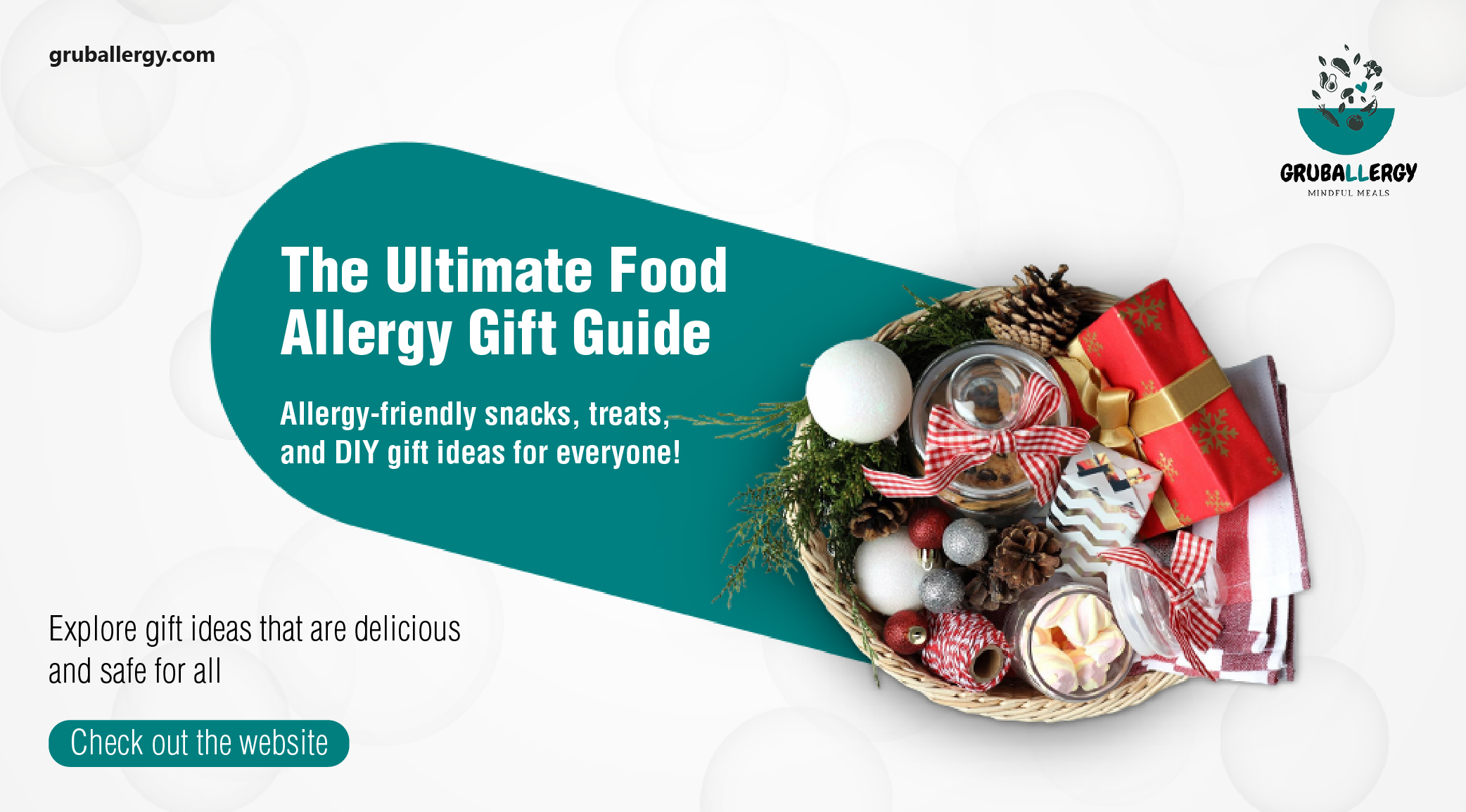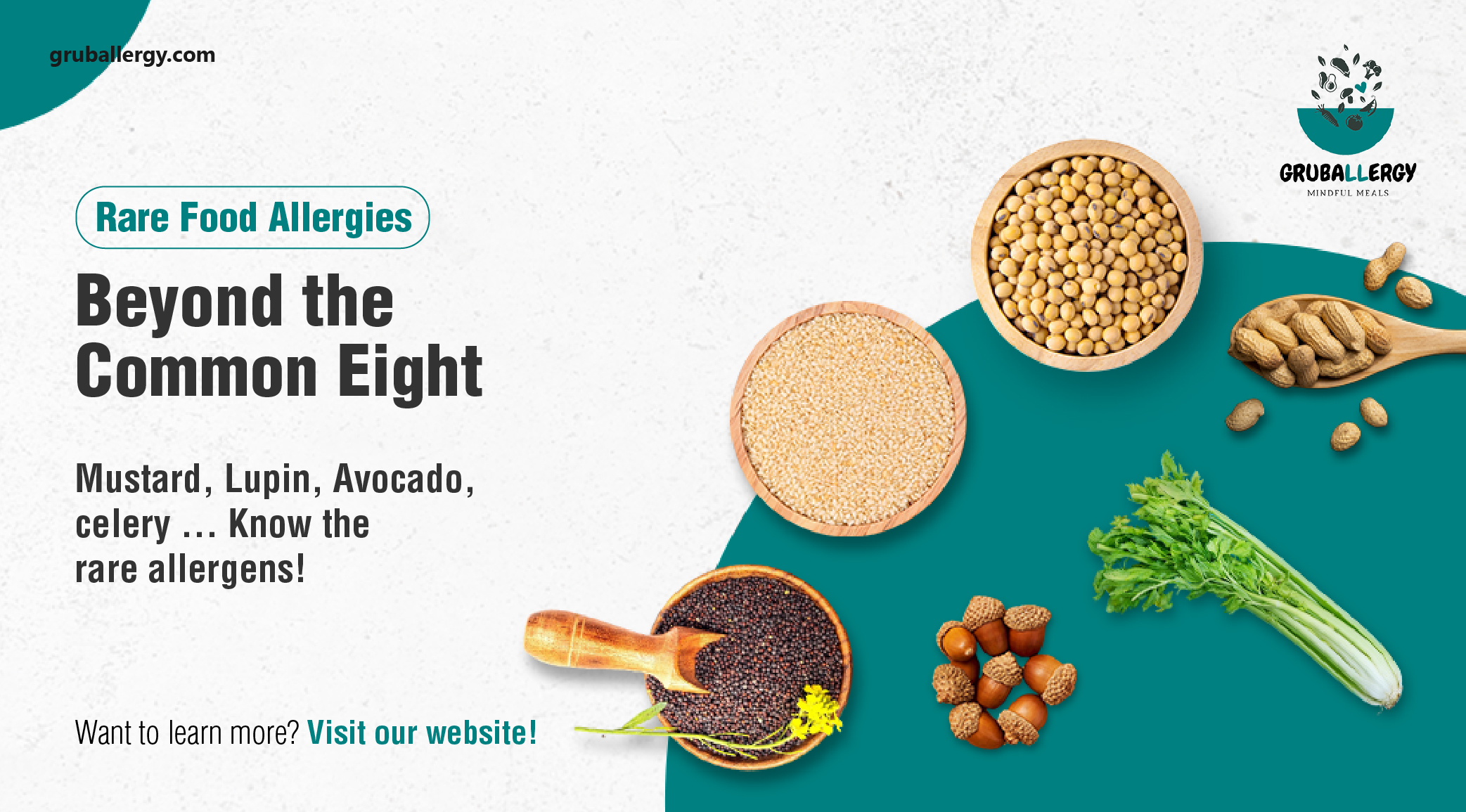In recent years, the popularity of veganism has surged, and for good reason. A vegan diet can be rich in nutrients, environmentally friendly, and compassionate towards animals. However, like any diet, it’s essential to approach it with knowledge and balance to ensure you’re meeting your nutritional needs. In this blog, we’ll explore 13 tips to help you eat a healthy vegan diet.
Diversify Your Plate
Variety is the spice of life, and it’s also the key to a healthy vegan diet. Different plant foods provide a range of essential nutrients. Aim to eat a rainbow of fruits, vegetables, legumes, and grains to ensure you get a wide spectrum of vitamins and minerals.
Mind Your Protein
Contrary to common misconceptions, vegans can easily meet their protein needs. Incorporate foods like tofu, tempeh, beans, lentils, quinoa, into your meals. These are excellent sources of plant-based protein.
Don’t Skimp on Calcium
Calcium is crucial for bone health. While dairy is off the menu, you can get your calcium fix from fortified plant-based milk, leafy greens (like kale and spinach), and calcium-set tofu.
Get Your Iron
Plant-based iron is a bit different from iron in animal products, but it’s just as effective. Include iron-rich foods like chickpeas, spinach, fortified cereals, and pumpkin seeds in your diet. Consuming vitamin C-rich foods, like citrus fruits, can enhance iron absorption.
Watch Your Vitamin B12 Intake
Vitamin B12 is mainly found in animal products, so vegans need to get it from fortified foods (like plant-based milk and cereals) or supplements. Regularly monitor your B12 levels and consult a healthcare professional if needed.
Healthy Fats Are Important
Not all fats are created equal. Opt for sources of healthy fats such as avocados, seeds, and olive oil. These fats support brain health and help in the absorption of fat-soluble vitamins.
Plan Balanced Meals
Planning is essential for a successful vegan diet. Ensure your meals contain a balance of carbohydrates, protein, and healthy fats to keep you satiated and energized throughout the day.
Read Labels Carefully
Animal-derived ingredients can hide in unexpected places, like sauces and dressings. Always read labels and look out for ingredients such as gelatin, rennet, and casein.
Cook at Home
Cooking your meals allows you to control the ingredients and portion sizes. It’s also a fun way to experiment with new vegan recipes and discover exciting flavors.
Stay Hydrated
Water is essential for overall health. Make sure you drink plenty of it throughout the day. Herbal teas and infused water can add variety to your hydration routine.
Be Mindful of Processed Foods
While there’s a growing market for vegan processed foods, they can be high in salt, sugar, and unhealthy fats. Enjoy these items in moderation and prioritize whole, unprocessed foods.
Supplement Wisely
Apart from B12, vegans may need to consider supplements for vitamin D and omega-3 fatty acids, as these can be harder to obtain from plant-based sources. Consult a healthcare professional to determine your specific needs.
Listen to Your Body
Lastly, pay attention to your body. Everyone’s nutritional needs are different, so if you experience any unusual symptoms or have concerns about your diet, seek advice from a registered dietitian or healthcare provider.
Conclusion
Eating a healthy vegan diet is not only achievable but also incredibly rewarding. By following these 13 tips, you can ensure that you meet your nutritional needs while enjoying the benefits of a compassionate and environmentally conscious lifestyle. Remember, a well-balanced vegan diet can not only be good for you but also for the planet and the animals we share it with.
You may also like
Leave a Reply

Get a free consultation with GrubAllergy.
Share your child's food allergy history, and let us guide you with expert advice on managing and navigating food allergies with confidence.









